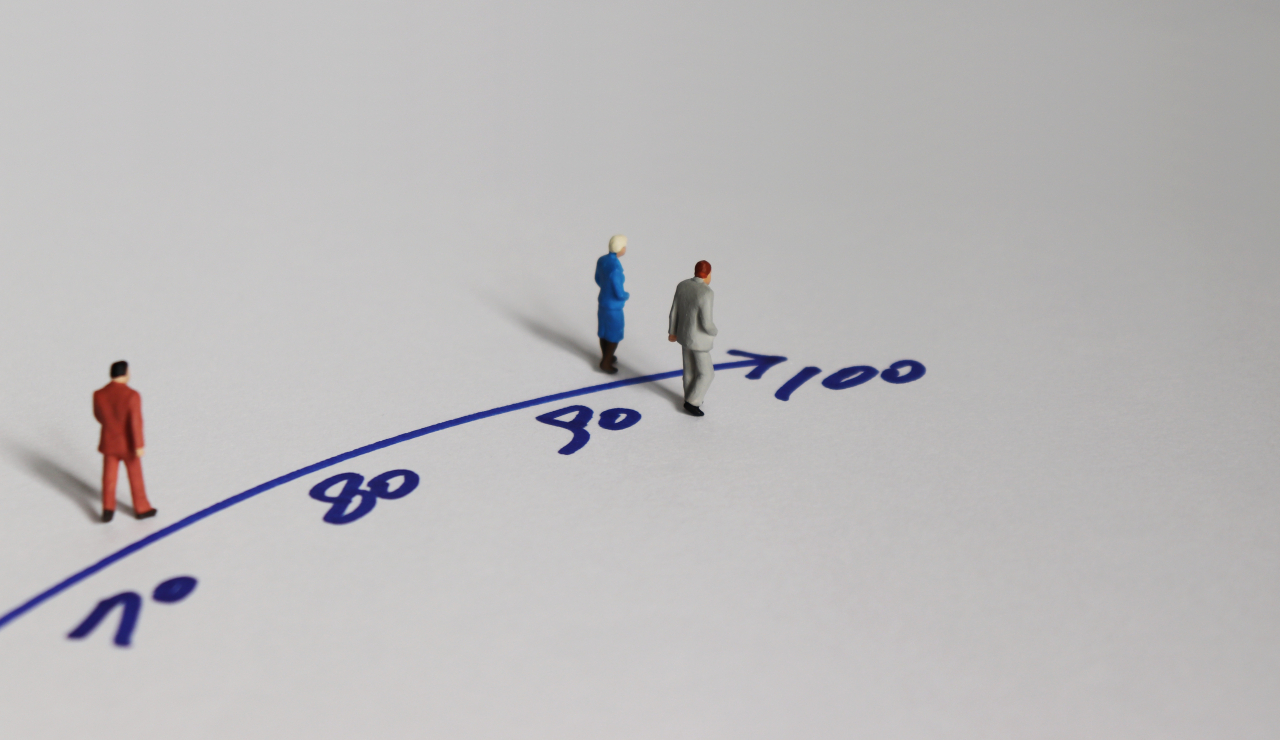Korean women live longer but suffer more diseases than men
By Lee JaeeunPublished : Oct. 25, 2023 - 15:20

Korean women live longer than men on average, but women suffer from more diseases in their lifetimes than men, data showed Wednesday.
According to data released by the Korea National Institute of Health, Korean women had a life expectancy of 86.6 years, while men had a life expectancy of 80.6 years, as of last year.
As long as records have been kept practically anywhere, women have lived longer than men. Also, for almost every major cause of death, men are more likely to die sooner than women, the KNIH explained.
However, women's longevity means they are more likely to live with disease.
“Women's health life span and self-rated health were lower than men's. Also, elderly women had a higher prevalence of chronic disease,” said Kim Yu-mi, a professor at the College of Medicine of Hanyang University.
According to the Korean National Health and Nutrition Examination Survey, conducted from 2019 to 2021 and released by the Korea Disease Control and Prevention Agency, only 30.9 percent of women answered that their health is good, which is 6.1 percentage points lower than men at 37 percent.
“The difference in life quality is due mainly to women being involved in less economic activities and bad working conditions. Also, gender-discriminatory social norms and culture still restrict women's lives,” Kim added.
Menopause typically occurs around age 50 for women, and in the years following menopause, the rate of many chronic conditions such as heart disease, stroke, diabetes, dementia, cancer and bone fractures increases.
The data revealed that the prevalence of hypertension in women aged 65 and over was 66.3 percent, higher than for men at 58.5 percent. The prevalence of osteoarthrosis among senior women was 46.4 percent, about three times that of senior men.
Furthermore, women are more prone to mental health disorders than men. The perception rate of stress was 32.4 percent for women and 28.4 percent for men, according to the survey. Also, the prevalence of depressive disorder among women was 6.7 percent, higher than men’s 4.8 percent.
“Half of the population is women, therefore, women's health is directly related to their families, society and country. Identifying women's health problems properly can be an important starting point for promoting our social health,” said Park Hyun-young, president of the KNIH.




![[KH Explains] No more 'Michael' at Kakao Games](http://res.heraldm.com/phpwas/restmb_idxmake.php?idx=644&simg=/content/image/2024/04/28/20240428050183_0.jpg&u=20240428180321)














